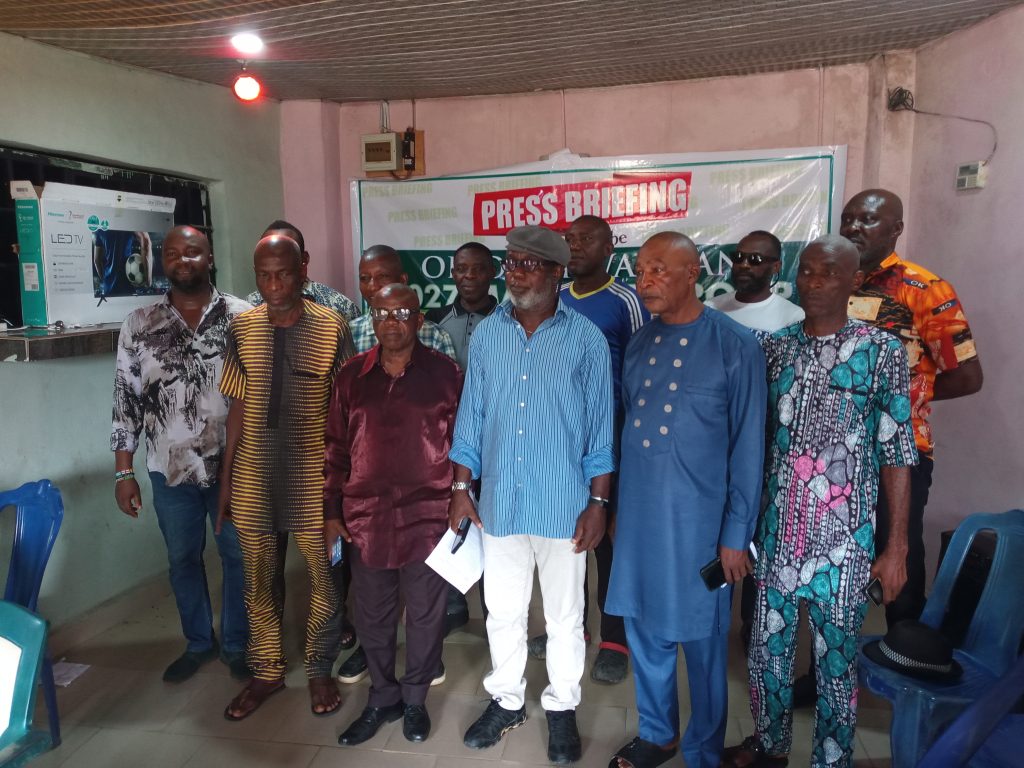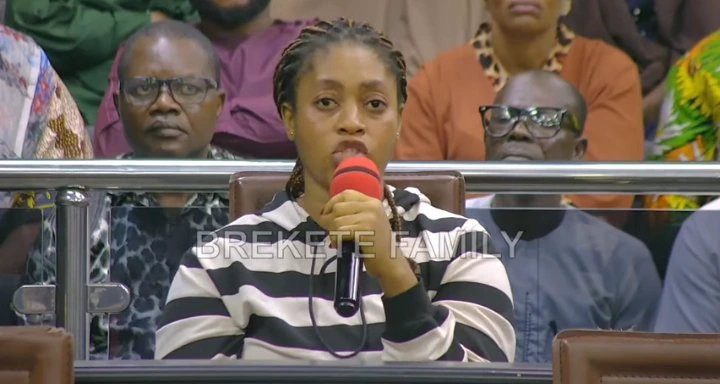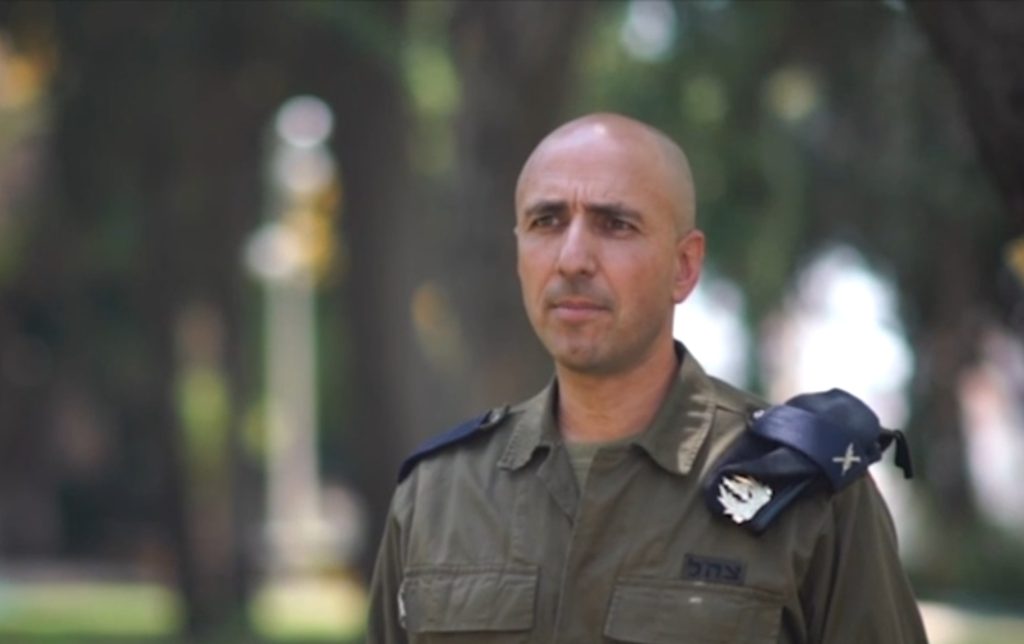News
UN: “I see no reason Nigeria should not have permanent seat in UNSC,” Biden says
US President Joe Biden has expressed support for Africa having two permanent seats at the United Nations Security Council in the United Nations (UN), stating that “I see no reason why Nigeria should not have a permanent seat.”
Nigeria’s Minister of Foreign Affairs, Yusuf Tuggar, revealed that Biden expressed support for Nigeria’s bid for a permanent UN Security Council seat during a phone call with President Bola Tinubu on Tuesday evening.
Tuggar said the conversation between the two presidents occurred amidst the recent release of Tigran Gambaryan, Binance’s Head of Financial Crime Compliance, on October 23.
According to the minister, Biden expressed strong support for Nigeria’s inclusion on the UN Security Council, stating, “I see no reason why Nigeria should not have a permanent seat.”
Besides, “Biden reaffirmed the United States’ unwavering commitment to supporting Africa’s bid for two permanent seats on the council, consistent with his prior declaration at the US-Africa Summit,” Tuggar added.
“Africa has persistently sought equitable representation on the United Nations Security Council since 2005.”
“The continent’s longstanding quest aims to rectify historical underrepresentation through the allocation of two permanent seats with veto power and two additional non-permanent seats,” the Diaspora Digital Media asserts.
“The UN General Assembly follows a yearly tradition of electing five new non-permanent members from diverse geographical zones to serve on the Security Council for a two-year term, Daily Post reported”
“The process is guided by Article 23 of the UN Charter, which outlines the composition of the Security Council.”
“The Council consists of five permanent members and ten non-permanent members, with the latter being elected by the General Assembly through a secret ballot.”
“Africa currently holds three rotational seats on the 15-member UN Security Council.”
UN Security Council
The United Nations Security Council (UNSC) is one of the six principal organs of the United Nations (UN). Its primary responsibility is to maintain international peace and security.
History and Evolution
The UNSC was established in 1945 under the UN Charter with China, France, Soviet Union, the United Kingdom, and the United States. It was expanded to 15 members in 1965.
Composition
The UNSC consists of five permanent members regarded as the P5. These members include China, France, Russia, the United Kingdom, and the United States.
It has 10 non-permanent members elected for 2-year terms representing 5 regional groups.
The permanent members include African Group with 3 seats, Asia-Pacific Group with 2 seats, Latin American and Caribbean Group with 2 seats, Western European and Others Group with 2 seats, and Eastern European Group with 1 seat.
Functions
The UNSC is responsible for maintaining international peace and security, preventing and resolving conflicts, and imposing economic sanctions.
Also, the organ authorizes peacekeeping missions, approves changes to the UN Charter, and elects judges to the International Court of Justice.
Decision-Making
Decisions in the UNSC require 9 votes including concurring votes of all 5 P5 members.
Each P5 member can veto a decision and resolutions is adopted by a majority vote (9/15).
Types of Meetings
The UNSC engages in public meetings, private meetings, consultations, and emergency meetings.
Presidency
The presidency rotates monthly among UNSC members, following the English alphabetical order of member states.
Reform Efforts
Ongoing debates and discussions focus on expanding the UNSC membership, increasing representation for underrepresented regions (e.g., Africa), limiting or abolishing veto power, and improving working methods and transparency.
Key Documents
The UN organ’s key documents include Charter (Chapter VII), UNSC Resolution 1325 (Women, Peace, and Security), and the UNSC Resolution 2178 (Counter-Terrorism).
UNSC Subsidiary Organs
Peacebuilding Commission, Counter-Terrorism Committee, Sanctions Committees, and Peacekeeping Operations are all subsidiaries of UNSC.
UNSC Sanctions
Sanctions are imposed on countries or entities because of reasons like threats to peace and security, human rights abuses, terrorism, and proliferation of WMDs.
UNSC Peacekeeping
The UNSC authorizes and oversees peacekeeping operations to maintain peace, prevent conflict, and protect civilians.
Challenges
The organ is faced with ineffective response to crises, veto power limitations, representation and legitimacy, and funding and resource constraints.
References
UN Charter, UNSC website, UN Documentation Centre, and Security Council Report are all the UNSC references.
For Diaspora Digital Media Updates click on Whatsapp, or Telegram. For eyewitness accounts/ reports/ articles, write to: citizenreports@diasporadigitalmedia.com. Follow us on X (Fomerly Twitter) or Facebook











